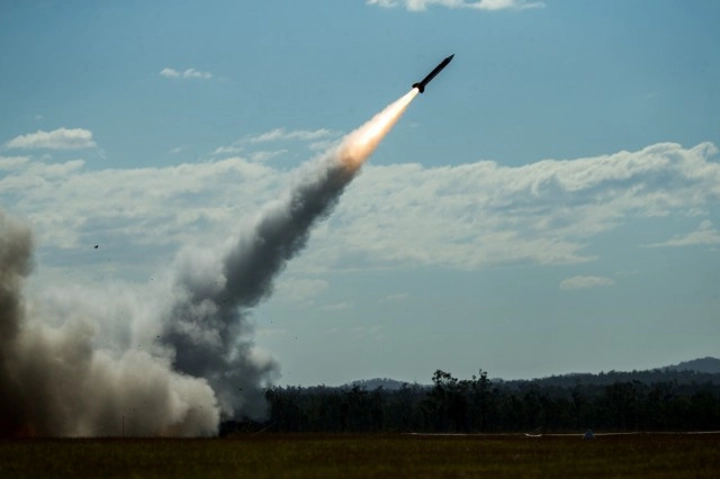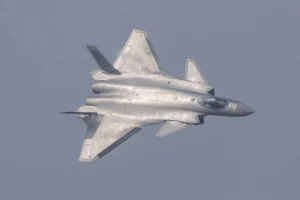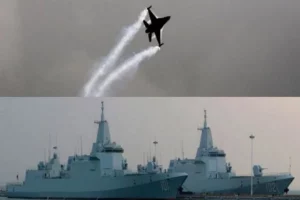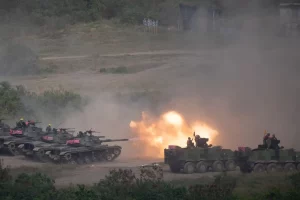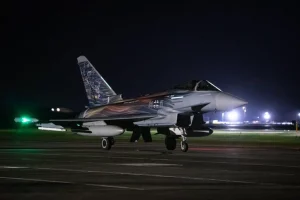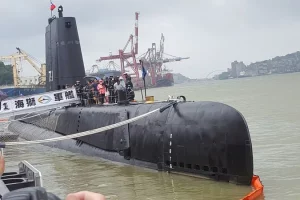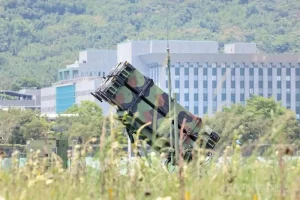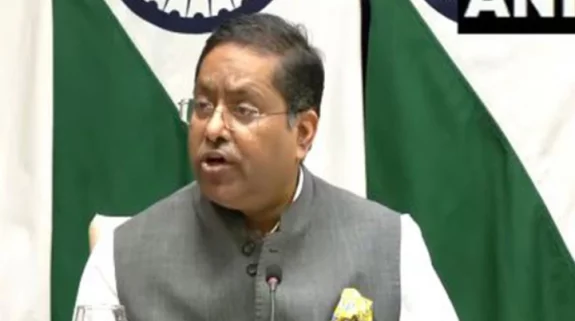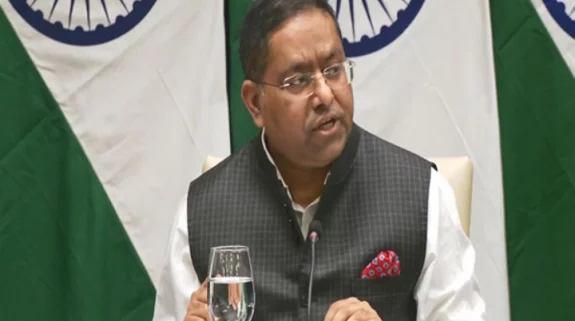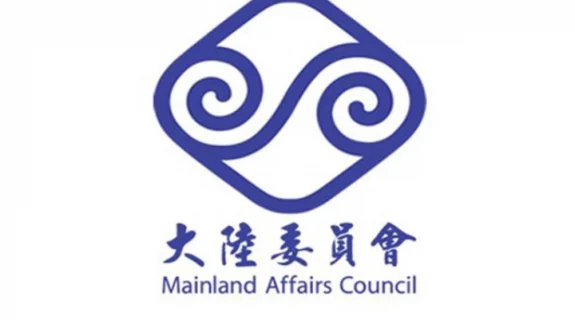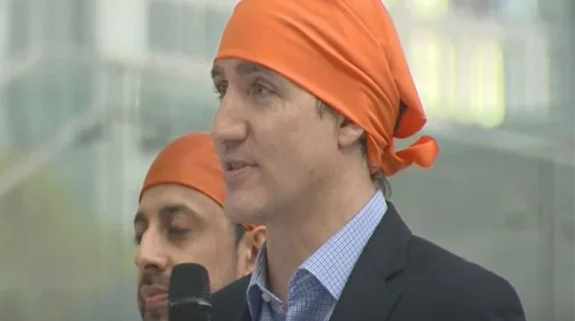The US has approved the sale of the Patriot weapons system for Taiwan worth $95 million, making China see red. The Pentagon told the Congress that the comprehensive deal includes training, deployment, maintenance of the Patriot Air Defence System.
The defence deal between the US and Taiwan will strengthen the island nation's defensive capabilities against big brother China. Over the last few years, Taiwan has faced increasing hostility from the communist nation through military excursions in its waters and airspace.
We welcome @StateDept's approval of a US$95M arms sale to #Taiwan. The decision demonstrates the #US government's commitment to the #TaiwanRelationsAct & #SixAssurances. It also assists us in maintaining a rock-solid defense & promoting #IndoPacific peace, stability & prosperity. https://t.co/2GejX8UQZr
— 外交部 Ministry of Foreign Affairs, ROC (Taiwan) 🇹🇼 (@MOFA_Taiwan) April 5, 2022
India Narrative spoke with Namrata Hasija, Research Associate at the Centre for China Analysis and Strategy (CCAS) whether the US-Taiwan defence deal was catalysed due to the Russian-Ukrainian conflict, or it was in the making due to the highly perceptible Chinese threat lingering over Taiwan.
She says that the Ukraine war has added to the fear and "the possibilities that it might encourage China to do the same in Taiwan Strait but this cannot be the sole reason for the arms sales".
Hasija says: "We should look at the trajectory of arm sales from the US to Taiwan. It gained momentum during previous US president, Donald Trump's regime due to the increased Chinese threat and militarisation in the South China Sea (SCS). Ukraine is not the only factor".
Stressing upon the Chinese threats to Taiwan, Hasija adds that US and Taiwan arms sales had already begun as China started building a strong navy, created artificial islands in the SCS and initiated numerous activities in the East China Sea.
"Chinese activities in the Indian Ocean and even the Mediterranean and Baltic seas got everyone worried. This is why India had to push the Quad with the other three members and honed its Indo-Pacific strategy", says Hasija.
She points to recent historical indicators from China that alerted countries to the Chinese assertion in the vast Indo-Pacific region. These include paramount leader Xi Jinping's speech at the 19th Communist Party Congress in 2017, where he spoke about creating a world-class military with "a modern army, navy, air force, rocket army, and strategic support force, and a strong and efficient command agency for joint operations".
In the same speech, he also asserted upon the One China Policy (OCP) in which Xi said that China has "a firm will, sufficient faith, and adequate capacity to defeat any intention of “Taiwan independence” in any form".
Read More:
Taiwan critically analyses Ukraine resistance, appoints working group to study the war
Russian intelligence document claims China had planned to invade Taiwan this fall
US deploys two aircraft carriers to South China Sea as China sends warplanes over Taiwan
Hasija says: "XI's declaration of clear goals that China wants to achieve to fulfil the China Dream" was enough to spur countries to look at their defences and position vis a vis China. Taiwan was immediately off the blocks.
The Pentagon told the Congress how the sale of the Patriot systems will serve US interests. “This proposed sale serves US national, economic, and security interests by supporting the recipient’s continuing efforts to modernize its armed forces and to maintain a credible defensive capability", said the Pentagon.
This will be the third arms sale by the US to Taiwan under the administration of President Joe Biden. The previous two included the sale of howitzer guns and another Patriot missile system.
Protesting against the sale, Beijing said: "Such actions by the US undermine Chinese-American relations and disrupt the peace in the Taiwan Strait".






